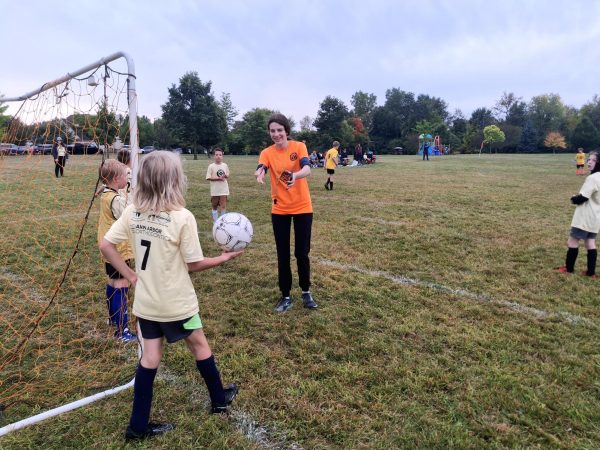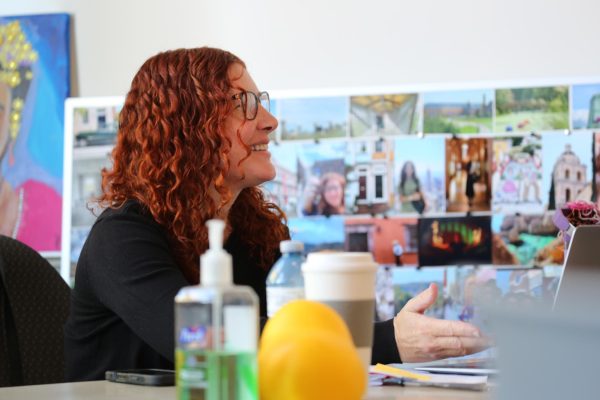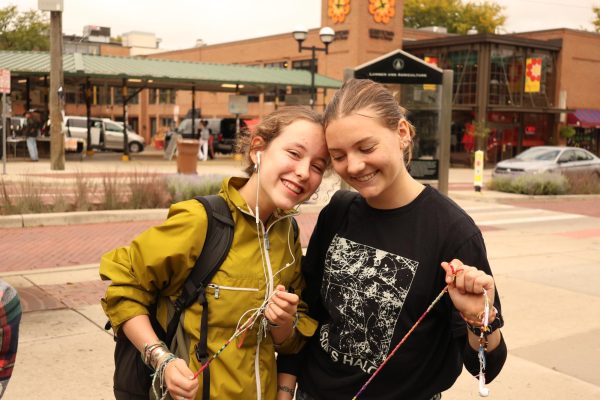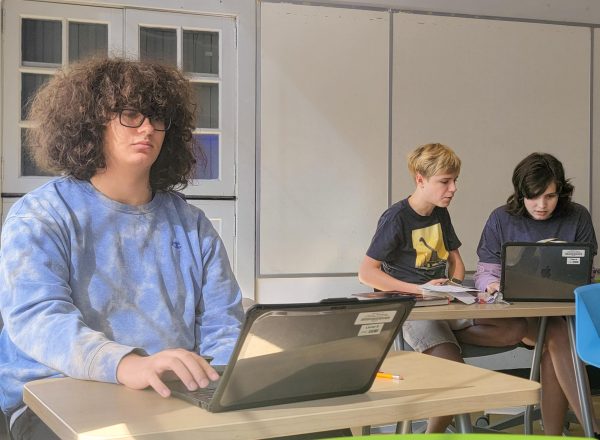Knowing Rowing
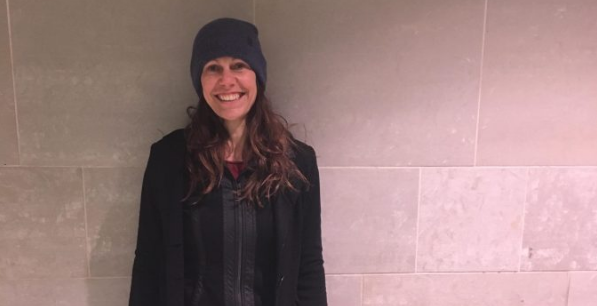
People are packed into a small immigration office on the US-Canada border in between Detroit and Windsor. In the middle of the room, a mother breastfed her child, thirsty from not being able to hydrate after waiting for hours.
“Karen Smyte!” a man in uniform called out, directing her to stand up and walk with her baby back into an even smaller room to be interviewed.
Smyte is not an American citizen, this the official knew.
But did he know that she resisted changing citizenship because of the pride she felt for Canada?
Did he know that her pride blossomed after being able to represent her country, rowing for the Canadian National team for years?
Did he know that as a high school student she watched her idols train on the same body of water that she did, that observing them made her realize that those olympians were just real people who worked hard, and that her goals, too, were obtainable through hard work?
Did he know that she was one of the first female rowers to race 2,000 meters at the World Championships, fighting to show that women are able to row the same distances as men, because women can be just as strong as men can?
No, he did not.
He did not know any of these things, but he knew that Smyte was crossing the border using a H1B license when she was supposed to be holding a green card.
He knew that he could block her from entering the United States for 10 years, separating her from her coaching job and her family, but this was something Smyte did not know.




